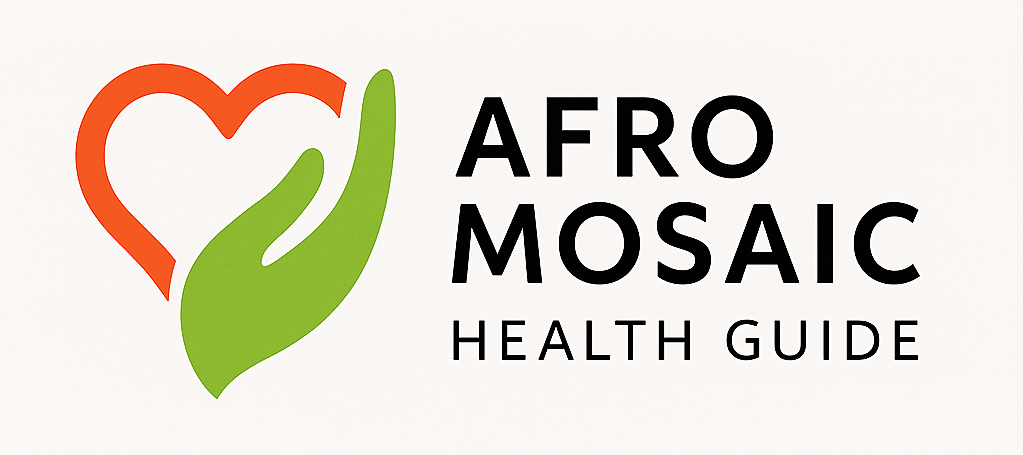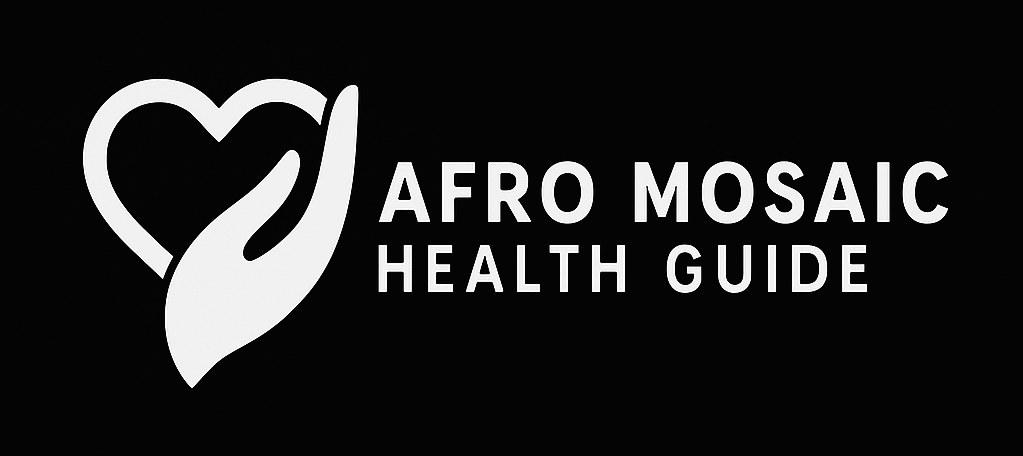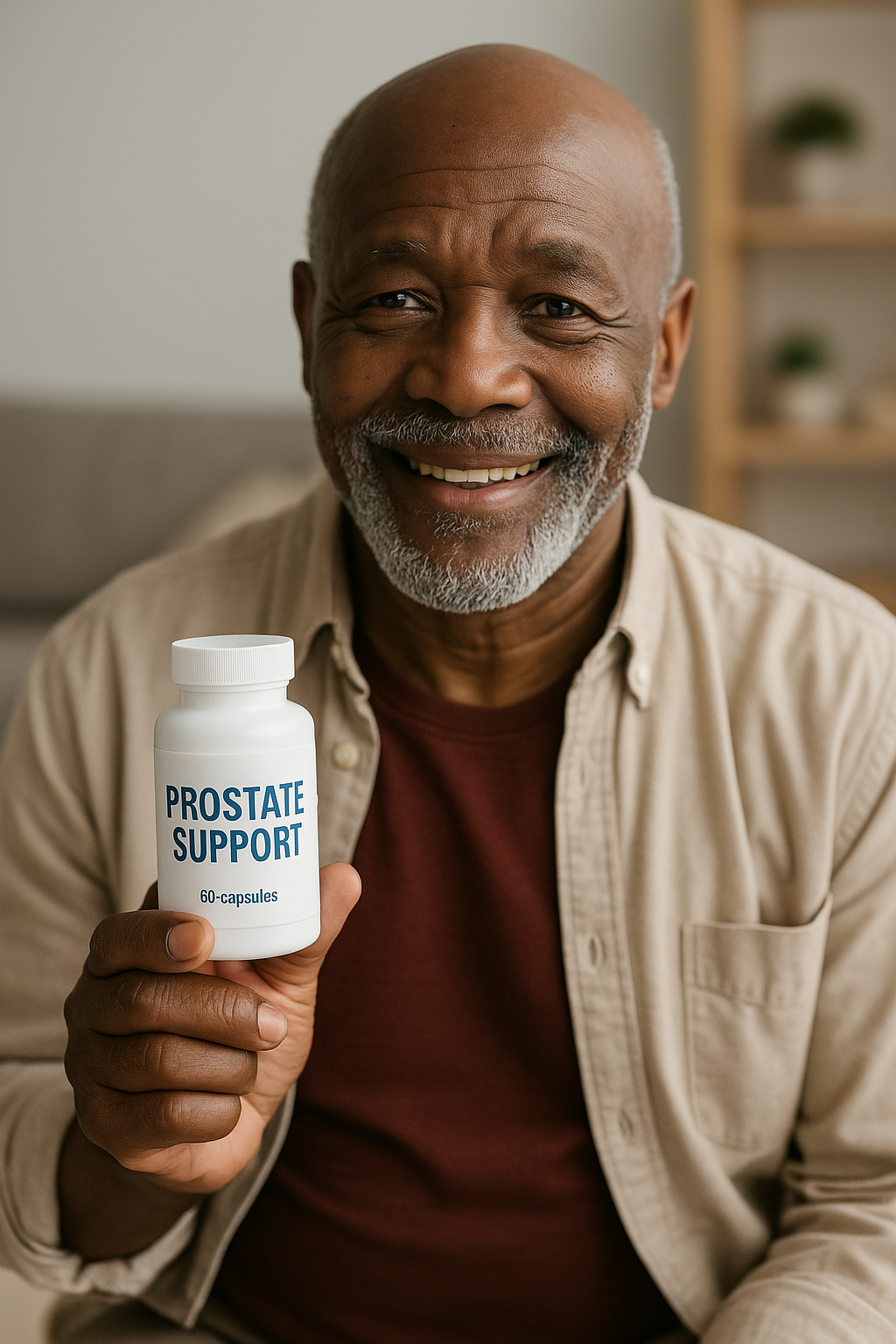Victoria Barbosa, MD, MPH, MBA
1. What Do Dermatologists Treat?
Dermatologists are not just “skin doctors.” They also diagnose and treat conditions of the hair, scalp, and nails. If you’re experiencing hair loss, a dermatologist is the right specialist to see.
2. What is Alopecia?
- Alopecia simply means hair loss.
- There is more than one type of alopecia, which is why a correct diagnosis is important.
- Each type of alopecia has different causes and treatments.
3. Why Hair Loss Matters
Hair is more than appearance — it’s part of our identity and self-expression, especially in Black culture where hairstyles often reflect personality and pride. Hair loss can impact confidence and self-esteem, making treatment both medical and emotional support.
4. Unique Features of Black Hair
- Black hair tends to be curly, coily, or kinky, with twists and bends along the shaft.
- The shape makes it prone to dryness and breakage.
- This is why special care routines and protective styles are often used.
5. Healthy Hair Care Practices
- Shampooing: Once a week or every two weeks is normal — less frequent washing prevents dryness.
- Protective Styles: Braids, knotless braids, twists, and locs are great — but they should not be too tight.
- Conditioning: Essential for moisture. Use deep conditioners, leave-ins, and extra conditioning between washes.
6. Common Causes of Hair Loss
Hair loss can come from many sources:
- Hairstyles: Tight braids or ponytails (traction alopecia).
- Products: Harsh chemicals or heat styling.
- Medical Issues: Thyroid disease, low vitamin D, or low iron.
- Stress or Illness: Temporary shedding can happen after life changes.
7. Home Treatments to Try First
Some patients start with at-home care:
- Over-the-counter minoxidil (Rogaine®): Can encourage growth.
- Natural oils (like rosemary oil): Some studies suggest benefits.
- Supplements: Some may help, but many lack strong scientific proof.
👉 Important: If you don’t see improvement after 4–6 months, it’s time to see a dermatologist.
8. What to Expect at the Dermatologist
Your dermatologist may:
- Examine your scalp and hair (sometimes with a magnifying tool).
- Order blood tests for iron, vitamin D, or thyroid function.
- Perform a scalp biopsy to check hair follicles under the skin.
- Create a personalized treatment plan based on the type of alopecia you have.
9. Why Early Care Matters
The sooner hair loss is diagnosed, the better the chances of slowing it down, preserving hair, and even regrowing it. Some forms of alopecia can become permanent if left untreated.
💡 Quick Takeaway
Hair loss is common — and it’s treatable.
Don’t wait until it’s advanced. If your hair loss hasn’t improved after a few months of at-home care, book an appointment with a board-certified dermatologist.
Your hair is more than just strands — it’s part of your health, identity, and confidence.














